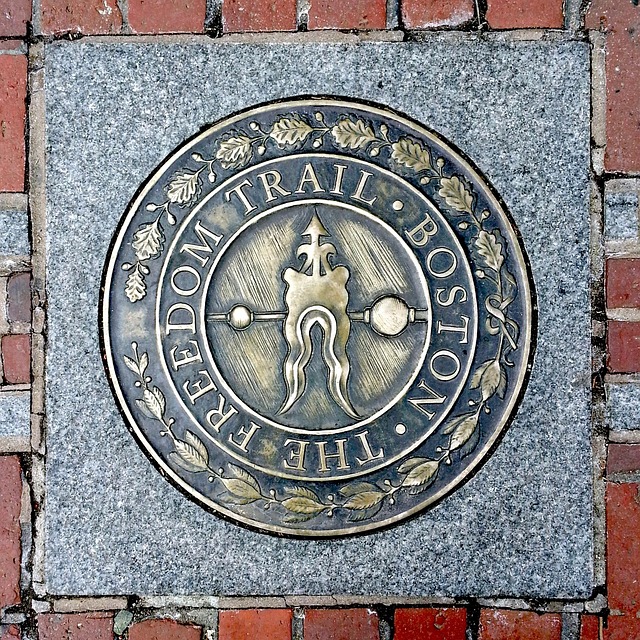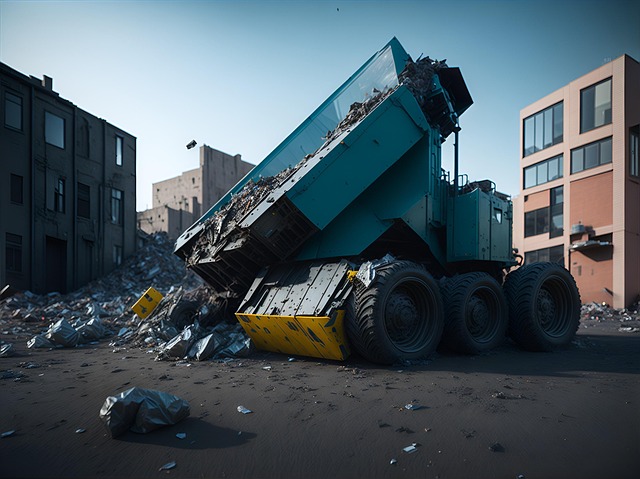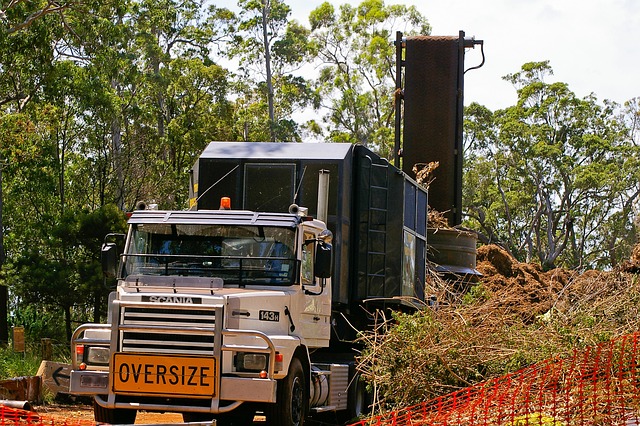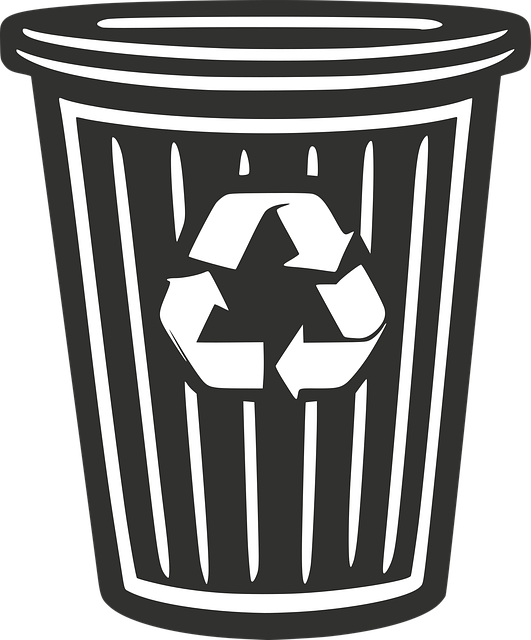Boston and New York City (NYC) excel in e-waste recycling through dedicated programs. Boston's Green IT initiative and NYC's extensive collection system facilitate responsible disposal, reducing landfill waste. Local programs offer environmental benefits, job creation, and secure handling of electronics, adhering to strict regulations like Boston data center waste removal standards. Residents should separate e-waste properly and partner with specialized centers for effective recycling, ensuring resources are repurposed sustainably. Both cities' successful initiatives empower communities to manage electronic waste responsibly.
“Unleash the power of responsible tech disposal with our comprehensive guide to Boston and New York City’s e-waste recycling programs. Discover how these initiatives are transforming urban landscapes, reducing environmental impact, and fostering sustainable communities.
From understanding the programs’ reach to learning about accepted items, we break down the benefits and processes. Explore success stories that highlight the positive change possible through collective e-waste collection efforts in Boston and NY.”
- Understanding Boston and NY's E-waste Recycling Programs
- Benefits of Participating in Local E-waste Collection
- How to Efficiently Collect and Prepare E-waste for Recycling
- Common E-waste Items Accepted in Boston and New York City
- Success Stories: Community Impact Through E-waste Collection
Understanding Boston and NY's E-waste Recycling Programs

Boston and New York City (NYC) are leading examples in the efficient management and recycling of electronic waste, or e-waste. Both cities have implemented robust e-waste collection programs that benefit both residents and the environment. In Boston, the city’s Green IT Disposal Solutions program encourages businesses and individuals to recycle their outdated electronics responsibly. This initiative has significantly contributed to reducing the city’s electronic waste stream, with statistics showing a steady increase in participation over the years.
NYC, on the other hand, boasts an extensive e-waste collection system that includes regular events and drop-off locations across all five boroughs. The city’s program is designed to make it convenient for residents to dispose of their old electronics responsibly, especially during special events where large quantities of e-waste can be generated. NYC’s electronic waste recycling statistics highlight the success of these efforts, demonstrating a high rate of materials recovery and diversion from landfills.
Benefits of Participating in Local E-waste Collection

Participating in local e-waste collection programs offers numerous environmental and social benefits for both Boston and New York City residents. These initiatives play a crucial role in sustainable waste management, especially when it comes to the proper disposal of electronic items like old computers, phones, and home electronics. By enrolling in these programs, individuals contribute to the reduction of harmful substances leaching into the soil and water tables, a significant concern with improper e-waste disposal.
Boston and NYC have seen an increase in e-waste recycling efforts, with dedicated centers facilitating the collection and responsible recycling of electronic waste. This not only minimizes the environmental impact but also supports local economies by creating job opportunities in the recycling sector. Additionally, these programs often provide data center waste removal services for businesses, ensuring that corporate electronics are handled securely and in compliance with environmental regulations, such as those governing boston data center waste removal or nyc large-scale computer recycling.
How to Efficiently Collect and Prepare E-waste for Recycling

Efficient e-waste collection and preparation are paramount to successful recycling programs in cities like Boston and New York. Startups and businesses can streamline this process by implementing structured protocols. Firstly, residents should separate e-waste items, such as computers, phones, and TVs, ensuring each material type is categorized correctly. This initial step simplifies the subsequent recycling procedures.
For optimal results, partner with specialized e-recycling centers in Boston or NYC that adhere to strict environmental standards. These facilities employ advanced technologies to handle various electronic components safely. Proper preparation includes dismantling devices to extract valuable metals and plastics while minimizing hazardous materials exposure. With careful handling, these resources can be repurposed, reducing the demand for new production and contributing to a more sustainable future for both cities’ tech-driven ecosystems.
Common E-waste Items Accepted in Boston and New York City

In Boston and New York City, various electronic waste (e-waste) items are commonly accepted through local recycling programs. These cities have robust e-recycling infrastructure, catering to both residential and commercial sectors. In Boston, residents and businesses can dispose of electronics like computers, laptops, monitors, printers, and cell phones at designated drop-off points or participate in city-organized collection events. For startups and small businesses looking for efficient IT asset disposition solutions in Boston, there are specialized e-recycling services that ensure secure data destruction and responsible recycling. Similarly, New York City offers comprehensive e-waste collection programs, accepting not only common household electronics but also larger items such as TVs, kitchen appliances, and small home office equipment. The city’s green IT disposal solutions prioritize environmental sustainability while providing secure end-of-life management for electronic devices.
Success Stories: Community Impact Through E-waste Collection

In cities like Boston and New York, success stories of community impact through e-waste collection are becoming increasingly common. These urban centers have recognized the urgent need for tech waste reduction strategies and have implemented innovative programs to tackle the growing problem of electronic废弃 materials. Manhattan, for instance, has hosted numerous e-waste collection events, encouraging residents to responsibly dispose of their outdated electronics. As a result, the city has seen a significant increase in the amount of e-recycling drop-off points, making it easier than ever for locals to participate in eco-friendly initiatives.
Boston’s proactive approach to e-waste management has led to substantial environmental benefits. By organizing dedicated collection programs and raising awareness about proper disposal methods, the city has reduced the negative impact of tech waste on local ecosystems. New York City, too, has followed suit, integrating e-recycling into its comprehensive waste management strategies. These initiatives not only foster a greener environment but also create opportunities for community engagement, empowering residents to take charge of their electronic waste and contribute to a sustainable future.
Boston and New York City’s e-waste collection programs demonstrate the power of community involvement in sustainable practices. By participating in these initiatives, residents not only contribute to the environmental protection but also play a vital role in creating a greener future. These programs offer an accessible way to dispose of electronic waste responsibly, ensuring that valuable resources are recovered and harmful materials are properly recycled. With continued efforts and increased enrollment, Boston and NY’s e-waste recycling programs can serve as models for other cities, inspiring a nationwide movement towards sustainable electronic waste management.














